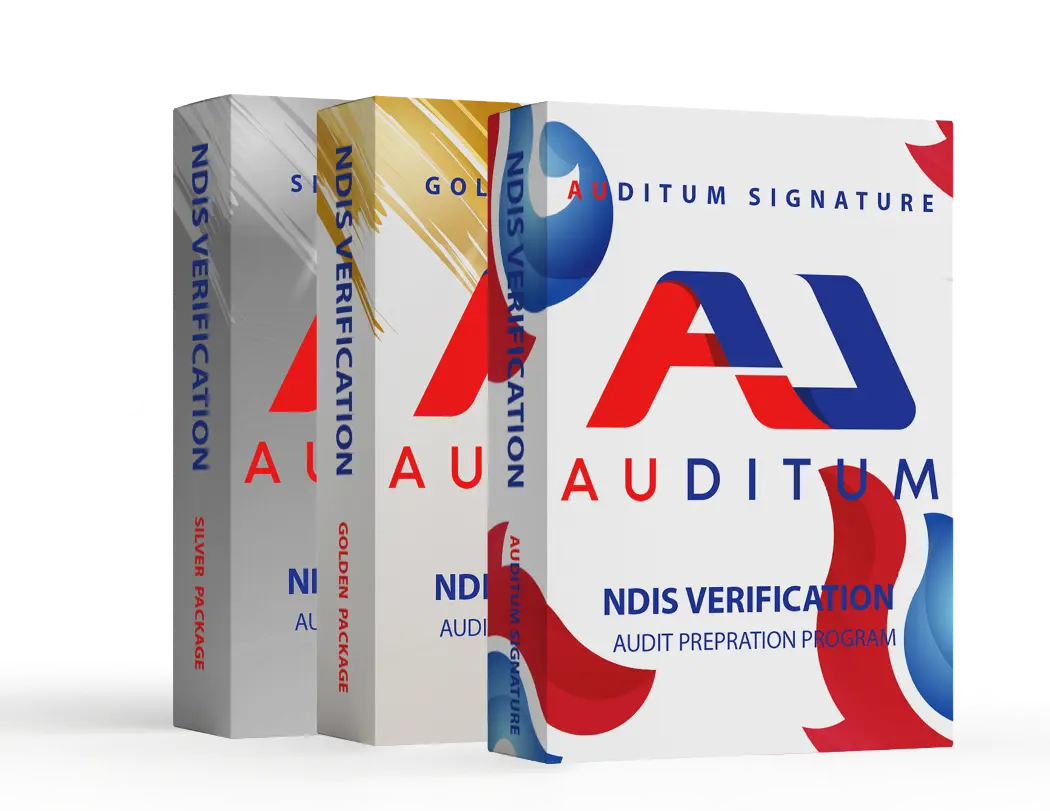FAQ
Your Success is our success!
The National Disability Insurance Scheme (NDIS), introduced by the Australian Government in 2016, is a program designed to provide funding to NDIS Service Providers. These providers assist individuals with disabilities in addressing both short-term challenges and long-term obstacles.
Through the NDIS, Australians living with disabilities can access funded professional services aimed at treating their disabilities, mitigating associated challenges, and gradually enabling them to acquire skills for greater independence. The financial support from the NDIS for these services significantly enhances the possibility for participants to lead lives as close to normalcy as possible.
NDIS participants receive tailored NDIS plans that cater to their specific needs and personal objectives, provided they fulfill the criteria established by the National Disability Insurance Agency (NDIA), responsible for overseeing and administering the NDIS. These criteria include having a permanent and substantial disability, being an Australian citizen, resident, or holding a specific visa, falling within the age range of 0 to 65 and above, and requiring significant support or specific equipment due to their disability.
The NDIS customises these plans according to the individual requirements and goals of each participant. Additionally, participants have access to a wide array of NDIS Service Providers to choose from, enhancing the support available to manage their disabilities.
The NDIS operates as a multifaceted system designed to offer personalized assistance to individuals with disabilities. For providers seeking to engage with the NDIS, comprehending its framework, participant entry points, and financial structures is crucial. This segment delineates the operational aspects of the NDIS from a provider's perspective.
Understaning the governance and structure of the NDIS is fundamental for providers to effectively engage with the system.
The National Disability Insurance Agency (NDIA) serves as the governing authority responsible for executing and overseeing the NDIS. It holds a pivotal role in formulating policies, establishing benchmarks, and ensuring overall adherence to NDIS guidelines.
Local Area Coordinators (LACs) represent community-based entities or individuals tasked with collaborating with participants. They aid in comprehending individual needs and aspirations, facilitating the formulation of personalized NDIS plans.
The Quality and Safeguarding Commission operates independently to guarantee that NDIS providers uphold specific quality and safety criteria. Compliance with these standards is evaluated through NDIS audits, constituting a vital component for maintaining provider registration.
Accredited individuals, organisations, or businesses registered as NDIS service providers offer products or services to NDIS participants. These providers undergo a rigorous process, meeting all NDIS requirements, ensuring they possess the necessary qualifications, experience, approvals, and resources to deliver their offerings.
With NDIS funding, these registered service providers assist participants by delivering tailored support, resources, and services, addressing specific areas where assistance is needed in the participants' lives.
The primary role of registered NDIS service providers revolves around aiding participants in skill development, fostering independence, and mitigating challenges associated with their disabilities, aiming to enable them to lead lives as close to normal as possible.
These service providers are selected for NDIS participants based on their unique needs and individual objectives.
Registered NDIS service providers offer a wide array of support, services, or resources to NDIS participants, each playing a significant role in assisting individuals with their disabilities.
There's considerable variation among registered NDIS service providers in the type of support they deliver, and not all participants will engage the same providers. The NDIS doesn't offer a predefined set of services; instead, participants select providers based on their specific needs and objectives outlined in their NDIS plan.
Tailored Support
Acknowledging the distinct needs and aspirations of each person with a disability, the NDIS collaborates with participants to create personalized support plans. These plans are crafted to align supports with personal goals, lifestyle choices, and individual requirements. This approach ensures more meaningful and effective support tailored to the circumstances of each participant.
Empowerment through Choice and Control
The NDIS empowers participants by granting them greater control over their support. Participants have the autonomy to decide the manner, timing, and location of their support, promoting a more self-directed approach to care. This freedom extends to selecting providers, choosing types of support, and specifying how services are delivered, instilling a sense of ownership and empowerment in their care journey.
Early Intervention Focus
Giving priority to early intervention is fundamental to the NDIS, aiming to minimize the impact of disability on daily life, particularly for children. By offering support at an early stage, the scheme reduces future support needs and enhances developmental outcomes. This approach harnesses individuals' potential from an early age, guiding them towards more independent and fulfilling lives.
Inclusive Community Engagement
The NDIS champions a more inclusive society by encouraging active participation in community and social activities. This effort fosters a sense of belonging and breaks down barriers that may have previously isolated individuals with disabilities. By promoting inclusion and community engagement, the NDIS contributes to creating more accepting and accessible communities where everyone can actively contribute and participate.
NDIS participants have the choice to access services from providers not registered with the NDIS to assist with their disabilities. However, this decision can bring about complexities and potentially extend the approval process for their NDIS plan.
Opting for registered NDIS service providers presents clear benefits. These providers have successfully completed a rigorous process, demonstrating to the NDIS their qualifications, resources, and high level of training to deliver excellent services to participants. They have met stringent government standards and hold certifications ensuring the delivery of quality services to their clients.
Moreover, registered NDIS service providers possess valuable experience within the NDIS framework. Their familiarity with the NDIS system allows them to adeptly navigate its processes and effectively communicate and manage their clients within the NDIS structure. This enhances efficiency and ensures a smoother, less stressful experience for both parties involved.
Becoming an NDIS provider entails navigating a complex process that demands meticulous attention to detail and strict adherence to specific guidelines and standards. For those considering this path, seeking advice from experts or employing specialized software could prove invaluable in navigating this intricate procedure. It's essential to consistently reference the official NDIS website and guidelines for the most precise and up-to-date information available.
Becoming an NDIS provider encompasses varying costs influenced by factors such as chosen registration groups and the intricacy of the audit process. Expenses related to meeting the NDIS Practice Standards may involve necessary business adaptations, staff training, or policy development. Providers are also responsible for covering the audit costs, which can significantly fluctuate based on the audit's scope and the chosen auditing body. For precise pricing details, it's recommended to directly consult an approved quality auditor or refer to the NDIS guidelines for comprehensive information on potential expenses.







